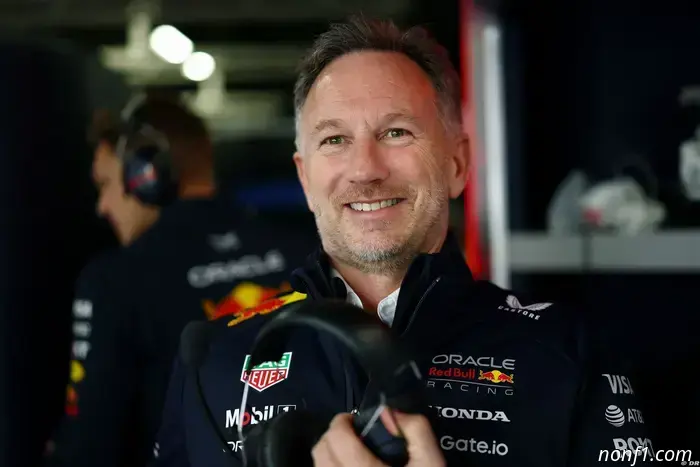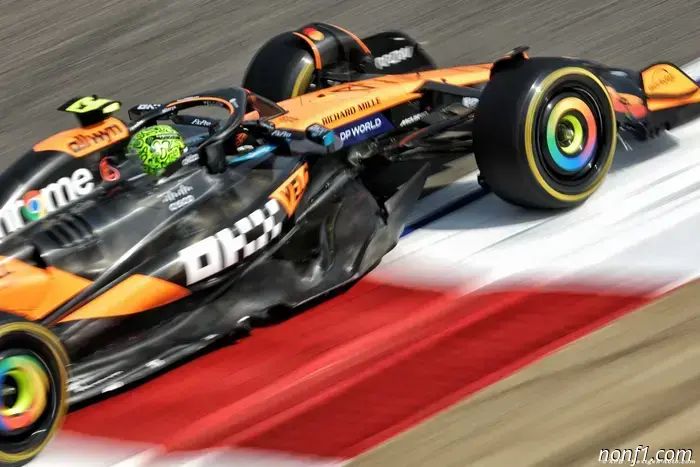
F1 needs to 'safeguard itself' with elevated modifications.
Nothing significant occurred during the V10 engine meeting.
The possibility of V10 engines making a comeback in Formula 1 anytime soon has been ruled out. Engine suppliers gearing up for the drastically electrified regulations set for 2026 convened with F1 and the FIA at the Ritz-Carlton Hotel in Manama, Bahrain, on Friday. This meeting took place amidst intense speculation that Red Bull, Ferrari, and Cadillac are advocating for a delay or shortening of the 2026 regulation period.
Ferrari's Charles Leclerc commented on the 2026 regulations, saying, "What we are seeing now is not great, not only for racing, but for everything. Even in terms of safety, it is quite tricky in some instances." Red Bull's Max Verstappen concurred, stating, "I think everyone - or at least most people - agree that a V10 is cool and sounds better. Anyone who disagrees might be a bit off, but we also need to consider the global situation. We have to listen to the manufacturers and understand their preferences. They desired something different, and a decision was made a few years back."
When asked about the outcomes of the V10 meeting, Red Bull team principal Christian Horner told Blick newspaper, "Nothing. The meeting was planned for three hours, but after 70 minutes, we ran out of things to discuss. There was no vote. It was mostly just talk."
Horner added, "The romantic side of me thinks a roaring V10 would be very appealing for F1. However, it has to be approached responsibly. With electrification, what does that engine look like? Is it a V10? A V8? This was the main topic of discussion this morning—envisioning the future." He noted that it is now up to the various manufacturers to relay their insights to the FIA and allow for consideration. "I found it to be a constructive conversation, and everyone was very receptive to new ideas for the future."
He further emphasized the importance of cost in any regulations. "Sustainable fuels have shown tremendous advancements, which is an exciting development for next year. What direction will the automotive industry take, and what impact will these tariffs have? In the larger context, F1 must also protect itself."
According to Germany's Auto Motor und Sport, the meeting's outcome was a clear "victory for Mercedes, Honda, and Audi," with the 2026 regulations moving forward as planned. The only hopeful note for V10 supporters is that another meeting has been scheduled to explore the possibility of relaxing the stringent homologation regulations somewhat.
The FIA confirmed, "The FIA has firmly committed to the 2026 Formula 1 regulations. The FIA technical department, along with numerous stakeholders, has dedicated significant time to developing the 2026 regulations concerning hybrid power units utilizing 100 percent sustainable fuel." Another part of the statement noted that "all parties agreed to continue discussions regarding the future technical direction of the sport."
Audi, which will provide works engines to the Sauber team starting in 2026, expressed satisfaction with the outcomes. "Audi remains fully committed to entering Formula 1 in 2026 with power unit technology founded on three key pillars: highly efficient engines, advanced hybrid electrification, and the utilization of sustainable fuels," a spokesperson stated.

Other articles
 Red Bull anticipates a smooth victory for McLaren in Bahrain.
Formula 1 | Red Bull advisor Dr. Helmut Marko believes McLaren is poised for an easy win on Sunday. This comes despite Max Verstappen securing a victory from pole position at Suzuka a (…)
Red Bull anticipates a smooth victory for McLaren in Bahrain.
Formula 1 | Red Bull advisor Dr. Helmut Marko believes McLaren is poised for an easy win on Sunday. This comes despite Max Verstappen securing a victory from pole position at Suzuka a (…)
 Marko envisions 'great potential' for Hadjar's future in F1.
Formula 1 | Isack Hadjar is being hailed as a genuine star of the future by Red Bull advisor Dr. Helmut Marko. Liam Lawson kicked off the season as Max Verstappen's (…)
Marko envisions 'great potential' for Hadjar's future in F1.
Formula 1 | Isack Hadjar is being hailed as a genuine star of the future by Red Bull advisor Dr. Helmut Marko. Liam Lawson kicked off the season as Max Verstappen's (…)
F1 needs to 'safeguard itself' with elevated modifications.
Formula 1 | The possibility of V10 engines making a comeback to Formula 1 in the near future is not an option. All engine manufacturers are gearing up for the significantly electrified (…)
